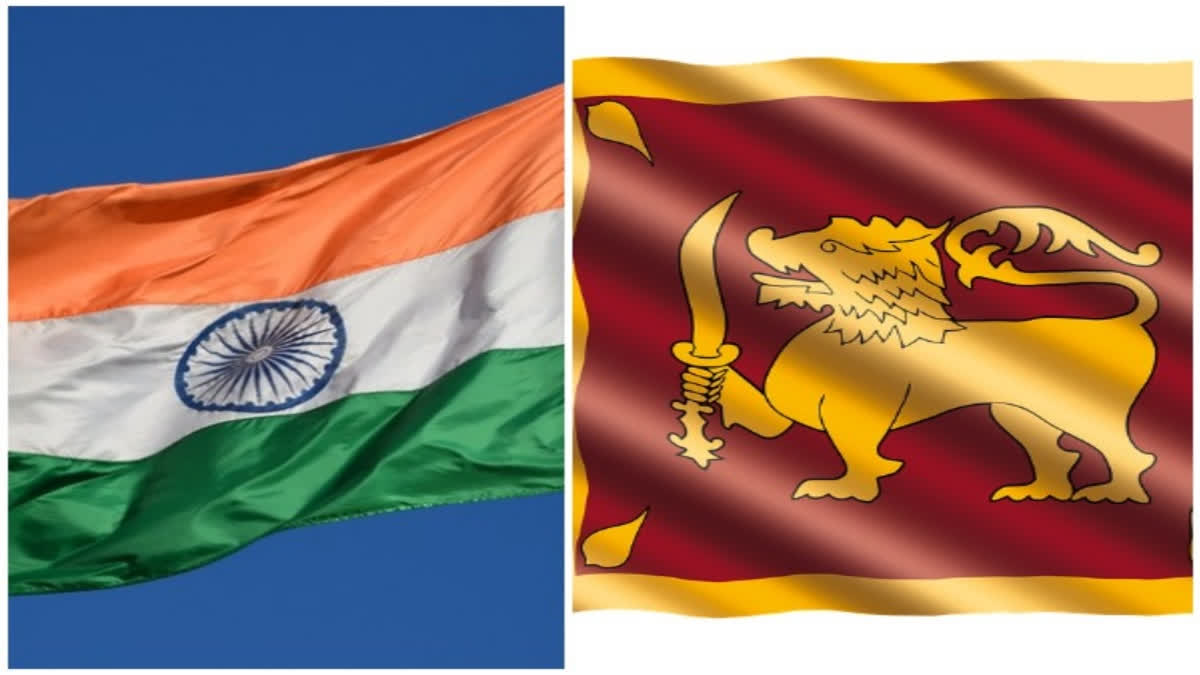Colombo: A group of Sri Lankan Tamil legislators has sought India's intervention to ensure that Colombo fully implements the New Delhi-mooted 13th Amendment, which provides for the devolution of power to the minority community, a source here said on Tuesday.
The group led by the veteran politician R Sampanthan met India's new High Commissioner to Sri Lanka, Santosh Jha, on Monday, said the source from the Tamil National Alliance, which represents Sri Lanka's Tamil minority. The two-hour-long talks were centred on the 13A, which created the provincial councils system for the island nation's nine provinces.
The Tamil parties pointed out the need for India's intervention in the current Sri Lankan political context for the meaningful devolution of power, the source said. They also highlighted the issue of the Tamil political prisoners and the Tamil land grabbing by the state.
India has been pressing Sri Lanka to implement the 13th Amendment brought in after the Indo-Sri Lankan agreement of 1987. The 13A provides for the devolution of power to the Tamil community. The 13A became a part of Sri Lanka's constitution in 1987 through the direct intervention of the then-Indian government led by prime minister Rajiv Gandhi as part of the Indo-Lanka Accord.
President Ranil Wickremesinghe has held talks with Tamil political parties for the implementation of 13A without the police powers to the provinces. However, the proposal was shot down by the powerful Buddhist clergy, who have traditionally opposed any power-sharing proposals with the Tamil minority, claiming that the move could endanger the unitary state of Sri Lanka.
Since the elimination of the Liberation Tigers of Tamil Eelam (LTTE), the moderate Tamil leaders have called for a devolved solution within a united Sri Lanka. The LTTE, which fought for a Tamil homeland for nearly 30 years, had rejected the 13A. They fought the Indian Army deployed as part of the Indo-Lanka Accord until they were fully withdrawn in 1990.
The current Tamil political parties are sceptical of the political will of the majority Sinhala to fully implement the 13A. The Tamils put forward their demand for autonomy since gaining independence from Britain in 1948, which, from the mid-70s, turned into a bloody armed conflict.
Over the years, the Sri Lankan government has been aggressive against Tamilian groups following its war with LTTE, which collapsed in 2009 after the Sri Lankan Army killed its supreme leader, Velupillai Prabhakaran.



